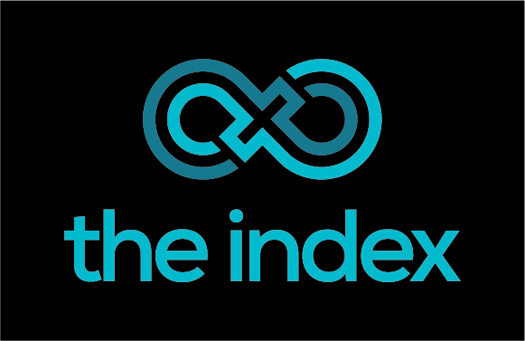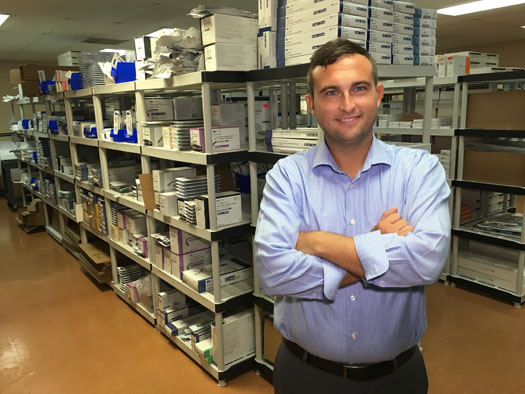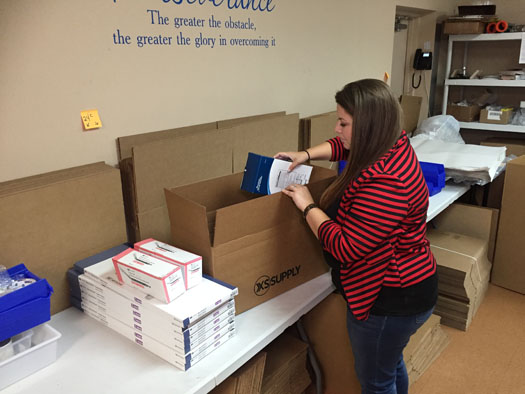Digital marketplace can cut surgical supply expenses
A Largo company has opened a digital marketplace for the surgical supplies resale industry, helping hospitals and surgical centers sell single-use supplies that might otherwise go to waste.
A Largo-based startup has opened a digital marketplace for the surgical supplies resale industry. Think eBay. Or Amazon. For single-use surgical supplies like staples, needles, shears, forceps, mesh and patches.
The company, called The Index, wants to combine both E-bay and Amazon online sales strategies for the niche market where waste adds up to billions annually.
“The manufacturers, they typically sell in boxes of six, 10 or 100. That’s the only way a facility can buy a product,” explains Founder Jon Bird. “Once they open a box, the manufacturer won’t take it back.”
These medical/surgical supplies only have a limited shelf life, so items used infrequently can easily expire. Additionally, a change in physicians and/or contracts may mean certain supplies are not used, or not used as much.
“They come from the manufacturer with a finite shelf life, typically about five years,” Bird says. “We have an opportunity to sort of rescue those products before they expire.”
The first online marketplace designed to bring together hospitals, surgical centers, manufacturers, wholesalers, and resellers, The Index requires users to sign up and be vetted. Sellers can list their own products for sale, much like vendors do on Ebay, or let The Index handle the sales and shipping, much like Amazon does.
Membership is free. The Index makes money by keeping 10 or 20 percent of the sales, depending on the sales model.
Bird noticed the need for more advanced technology when he was employed in the medical supply industry. He realized how inefficient it was for buyers to request multiple quotes on one or two items by email, then wait for replies.
“I just felt that there had to be a more efficient way, without having all the overhead of brick and mortar,” he says. “I felt we could accomplish this if we had the right tool, the right technology.”
The Index, started in late 2015, has 50 buyers and sellers primarily in the southeastern United States, plus more than 10,000 unique product listings.
“The back-end technology, which is proprietary, is relatively revolutionary,” Bird says. “What it can accomplish can be revolutionary.”
It will save money, reduce waste and allow hospitals to do what they do best: save lives, adds spokesman Franco Ripple.
Although the medical/surgical resale market is huge, with some hospitals potentially spending $5 to $10 million annually on these products, the company doesn’t plan to stop there. Its goal is to expand into medical equipment and medical power tools.
The privately-funded company has a staff of six and plans to grow its sales staff in the next year. “Our goal is to add between four and eight sales people,” he says. “Some would be inside, and some would be out.”
It also plans to double its 3500 square foot offices at the end of the year.
The Index is entering the scene at a time when the industry’s group purchasing organizations are coming into disfavor. Some facilities are choosing to do their own purchase negotiations — and avoid the fees.
“I think we’ve come in at a great time,” Bird notes.


















